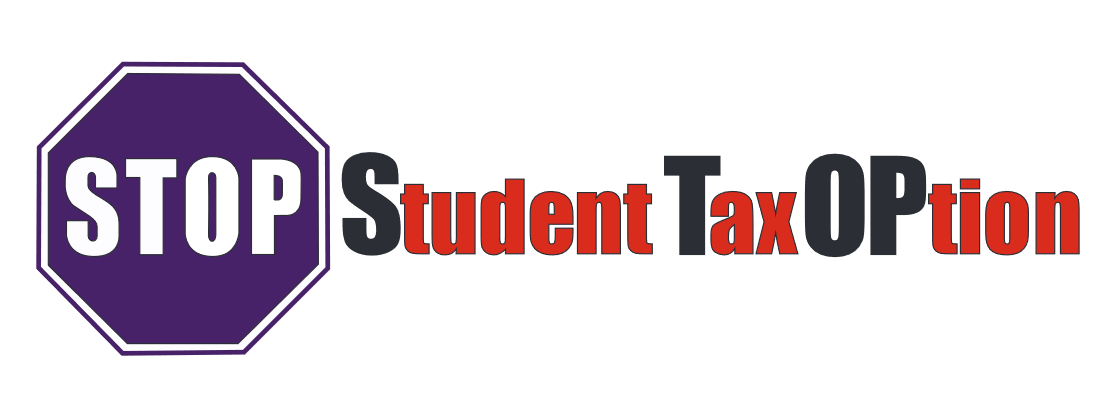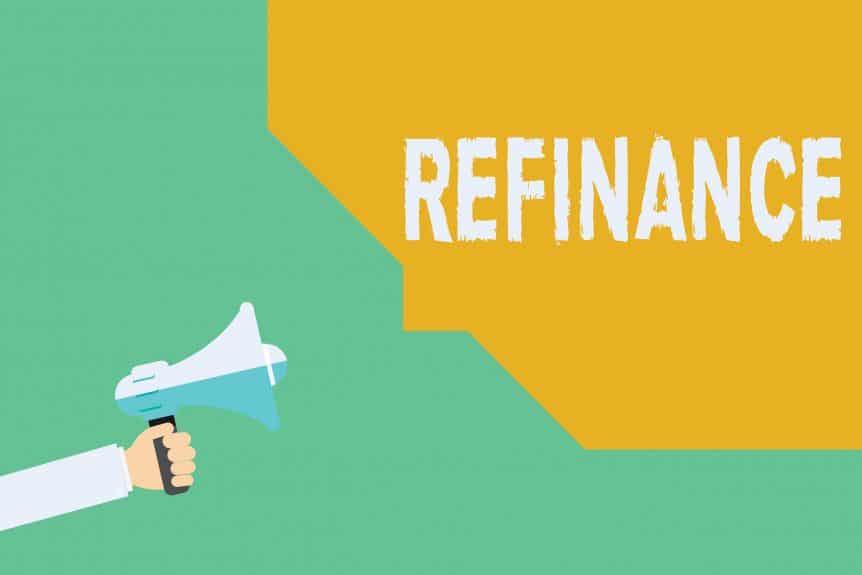Your student loan debt may be putting significant strain on your monthly finances. There are ways to lower your monthly loan payments but attempting to refinance your federal student loans may not necessarily be the best choice. Consider all your options and then determine which one will benefit your particular situation the most.
Advantages and Disadvantages for Refinancing
You will only be able to refinance a federal student loan in the private sector. But, private loans generally do not offer all of the benefits that federal loans do.
Federal loans usually are rewarded without credit checks. So, if your credit score is lower, you may want to stick with federal loans rather than switching to the private lender route. And, if you unfortunately experience a financial hardship, federal loans offer a variety of options that will allow you to modify your monthly payments.
Some federal loans can be forgiven through public service employment, certain jobs, or choice of payment plan. There are requirements for loan forgiveness you will need to meet, but there are more options available in comparison to what private lenders are likely to offer.
Your federal loans may be discharged if you should become permanently disabled or in the case of death. Having your federal loans discharged will assist your family should one of these events happen. They will not have to worry about repayment in the midst of their grief process.
If you are not currently working in a field that offers loan forgiveness, refinancing with a private lender could be beneficial if you are financially stable. You may be able to save money by refinancing.
Compare Options
Avoid rushing into refinancing your student loans. You will want to do some research first to find which companies are going to give you the best opportunity for repayment. Check online for sites like Student Loan Hero and Credible, which can assist you in making comparisons of multiple private lenders.
Make sure it’s worth it to switch from your current loan to a refinanced loan. A higher credit score is going to warrant better interest rates, so if you have a lower credit score, keep that in mind. Also, consider that the lowest rates can be variable and may require autopay.
Creating One Payment with One Interest Rate
Consolidation could be another option if you are looking to simplify your repayment. If you have accepted more than one student loan while attending college, consider combining them into one monthly loan payment. With a single payment, you also have one interest rate.
Unfortunately, if you are currently using a repayment method such as the snowball strategy of paying off your smaller loans one-by-one, consolidation will reduce the momentum you have already built up. Do your comparisons and make sure consolidation is right for you and your personal financial strategy. You may find that consolidation is a more strategic method that offers you a greater advantage.
Do Your Research and Ask Questions
There is no harm in asking questions about your student loans. Your student loan debt will be with you for years, depending on how much you borrowed and your repayment schedule. You have the right to question what your best method of repayment would be and how to facilitate it. The fact that you are thinking about your options shows you are headed in the right direction to avoid defaulting.
You are not alone in attempting to refinance your loans. There are millions of people in the United States with student loan debt. Considering refinancing is simply part of being a borrower. The key to your student loan repayment is making sure you have looked at all your options. Not every borrower is the same, so it’s up to you to determine what is best for you and your personal financial situation.

